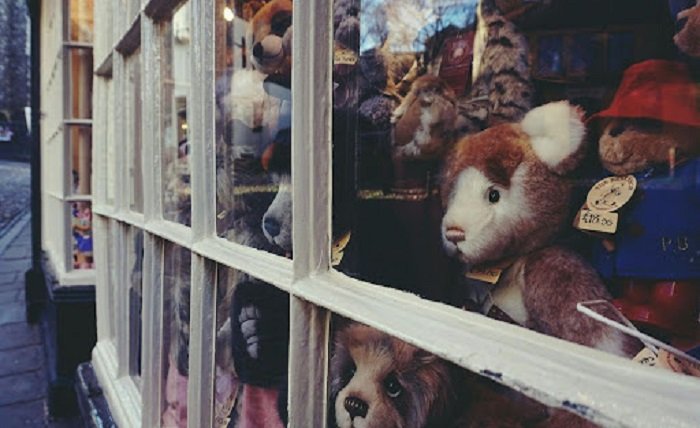There’s a certain freedom in collecting something no one else pays attention to. You’re not competing for status. You’re not chasing value. You’re not worried about what it’s worth to someone else. Your collection exists for you alone. It might be old bottle caps, obscure postcards, or even rare 32 card games you stumbled across by chance. The point isn’t whether anyone else gets it. The point is that you do.
Why We Collect in the First Place
Humans have always collected. Seashells, stamps, coins, records — the objects change, but the impulse stays the same. There’s a pleasure in noticing patterns, in hunting for the missing piece, in holding something you’ve chosen to keep.
For most people, collections serve as a kind of personal archive. Each item tells a small story. Together, they mark a trail through time — a record of places visited, things learned, people met.
The Freedom of Niche Collecting
When you collect something nobody else wants, there’s no market to follow and no rules to obey. You can choose your own pace. You can decide what “counts” and what doesn’t.
That’s very different from collecting things that are popular or valuable. In those spaces, trends and prices drive decisions. With niche collecting, you’re free from all that noise. It becomes a private world you control completely.
There’s also less pressure to justify your choices. If you tell someone you collect rare watches, they’ll have questions about brands, value, or authenticity. If you say you collect torn bus tickets from the 1980s, they’ll probably just nod and move on. And that’s fine.
The Personal Connection
Often, people collect items that link to a specific memory or feeling. Maybe it’s something from childhood. Maybe it’s tied to a particular place or event. The collection becomes a way to revisit those moments.
This personal link is what gives the collection its power. Without it, the items are just objects. With it, they become a kind of emotional map — a quiet reminder of where you’ve been and what’s mattered to you along the way.
The Slow, Steady Hunt
Part of the appeal of any collection is the search itself. Finding something new — especially in unexpected places — is its own kind of reward.
For niche collectors, the search can be unpredictable. You’re not scrolling a catalog or checking auction sites every day. You’re flipping through boxes at a flea market, sorting through forgotten drawers, or noticing something tucked away in a shop that most people walk past.
This slow pace is part of what makes it satisfying. There’s no rush. The next piece might appear tomorrow, or next year. That uncertainty keeps the whole thing alive.
Quiet Satisfaction in a Loud World
In a culture that rewards speed, visibility, and competition, niche collecting works differently. It’s quiet. It’s slow. It doesn’t demand to be seen.
That doesn’t mean it’s not important. In fact, for many collectors, this private satisfaction is what makes it meaningful. The collection isn’t a performance. It doesn’t need likes or followers to matter.
This is why niche collections often last longer. When you’re collecting for yourself, you’re less likely to burn out. The motivation comes from inside, not from outside approval.
The Role of Sharing — or Not Sharing
Some collectors keep their passion completely private. Others share it with a small group of people who understand. Both approaches work.
Sharing can be fun — you swap finds, compare notes, or trade items. But keeping it private can be equally satisfying. There’s something pure about having a passion that exists outside the public eye. It becomes a small act of resistance against the constant pull to display and explain everything.
What These Collections Teach Us
On the surface, a niche collection might seem trivial. But it can teach patience, attention to detail, and the value of small joys.
It’s also a reminder that meaning is personal. Something that looks worthless to one person can hold deep value for another. That’s not just true for collections — it’s true for life.
In the End
Collecting things no one else cares about might not make sense to the outside world, but that’s the beauty of it. It’s free from trends, status, and competition. It’s yours in the truest sense.
In a world where so much is shared, sold, and measured, a quiet collection can be a refuge. A place where the only opinion that matters is your own.
